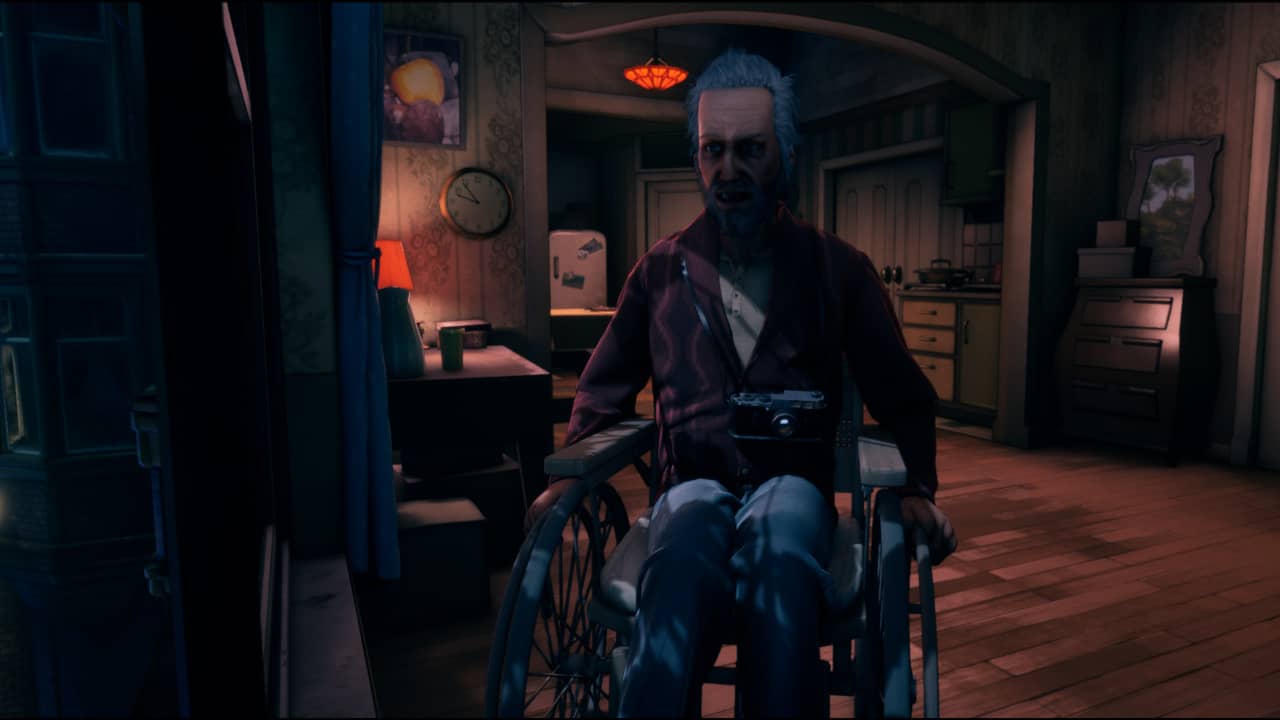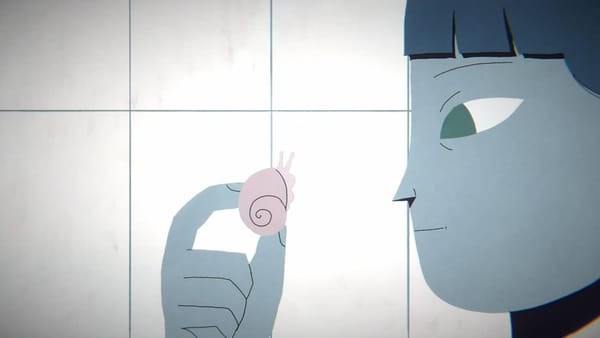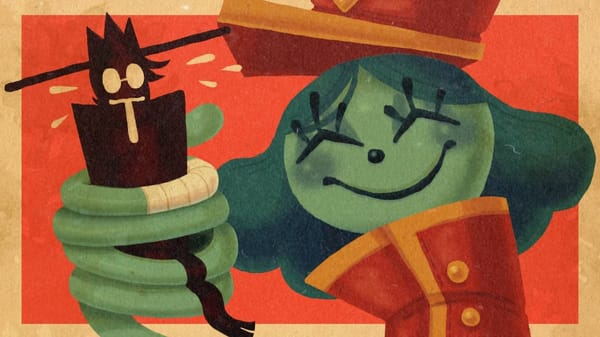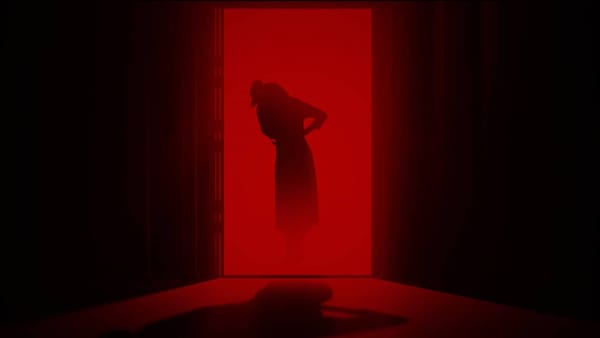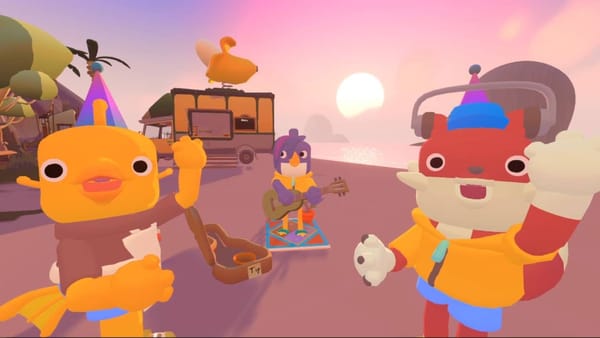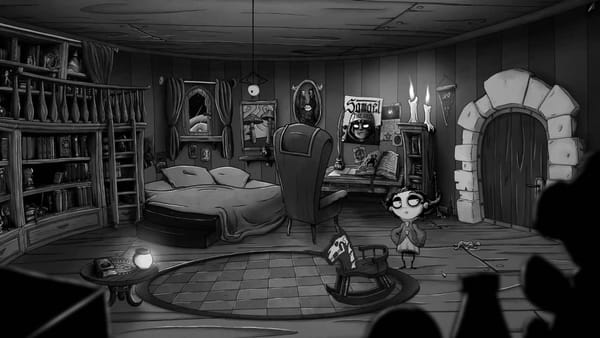Dahlia View (previously Conway: Disappearance At Dahlia View) is one of the best games I’ve played. Quite the opener, but that’s how I feel about this detective game available on Steam. Do be aware that it isn’t perfect, and there’s a fair amount of flaws, but I’m not wrong in knowing what I like.
You play Robert Conway – a decorated war veteran, turned P.I., now a retiree bound to a wheelchair and second-floor apartment. The year is 1954, and Robert has just awoken to a disturbance outside. A young girl has been kidnapped, and he has every intention of finding her.
It’s an exciting period to cover as there isn’t the internet or mobile phones. Restricting our protagonist to a wheelchair and what is essentially a gated cul-de-sac location in London, you’re very much left to your internal monologues and eventual interactions with a small cast.
Dahlia View Review
Armed with a camera, he’ll peer from his window in voyeuristic fashion, zooming in and out to take photos as evidence. His bathroom is a converted dark room. But staying stagnant in the apartment won’t bring in any other evidence, so Robert uses any means necessary to get the answers he seeks. Some eyebrows are raised, and while you understand why he’s doing it, you have to question some of his methods.

When he begins to investigate a couple, I would meticulously close all the doors I’d open, not to leave any evidence behind. However, Dahlia View has a path you’re expected to follow, and pre-determined actions will trigger new events. The focus is to find clues and items to unlock new areas and support your convictions, later concluded after each chapter. They aren’t definitive chapters; the investigation is separated by each suspect(s).
There are minimal dialogue paths, but occasionally a conversation will provide some key topics you would like to consider, which will change the flow of dialogue. For the most part, it remains on rails, but believe it or not, this works in its favour and to some degree, Dahlia View is like an interactive movie.
In The Neighbourhood
The voyeuristic elements and neighbourhood conspiracies may wink towards Hitchcock’s Rear Window, but the directors signature is throughout. Paranoia, identity and the role of authority are all prevalent. As a genuine Hitchcock fan, quite possibly one of my favourite filmmakers, I was in my element. Throughout the many objects you can pick up, there were often authors with the same name. Ah, the Macguffin…
That movie comparison relates to the static camera angles. I loved this decision as White Paper Games controls us as an audience, allowing them to focus on points of interest rather than wandering off into invisible walls. The framing creates tension, drama and claustrophobia in some respects. Pretty interesting as Dahlia View is a very slow-moving game.

The camera angles won’t be for everyone, which becomes apparent when you can’t see what’s ahead of you, inadvertently trapping yourself in assets, or the bag on the back of Roberts chair that flips and ragdolls at every possible collision. Also, the character modelling would disappear in some of the cutscenes, and a sketch/animatic was in place of a 3D model.
Near Window
Besides the sometimes poor mouth movements, the character modelling was fantastic, and the ambiguous characters, all with something to hide and those physical nuances, were marvellous. Again, the composition helped, and we see some masterclass setpieces. Bear in mind that these set pieces are more Powell and Pressburger than Michael Bay. Robert Conway is not Nathan Drake. I was particularly fond of Robert and empathised with him immensely. His flaws were in his character, not his disability, and he was brought to life by Nathaniel-Jorden Apostol – coincidentally, responsible for the story design and voice direction, among other roles.
Unfortunately, there aren’t any manual save points in the game, and due to the pacing, it’s a game that is hard to revisit immediately. Yes, Robert moves slowly, and the camera angles can be frustrating at points (but that didn’t hurt the original Resident Evil games). Despite these flaws, I maintain that Dahlia View is one of the best games I’ve played in terms of story, mise en scène (showing off now) and characterisations. At the very least, it’s one of the best crime/detective narratives this year.


